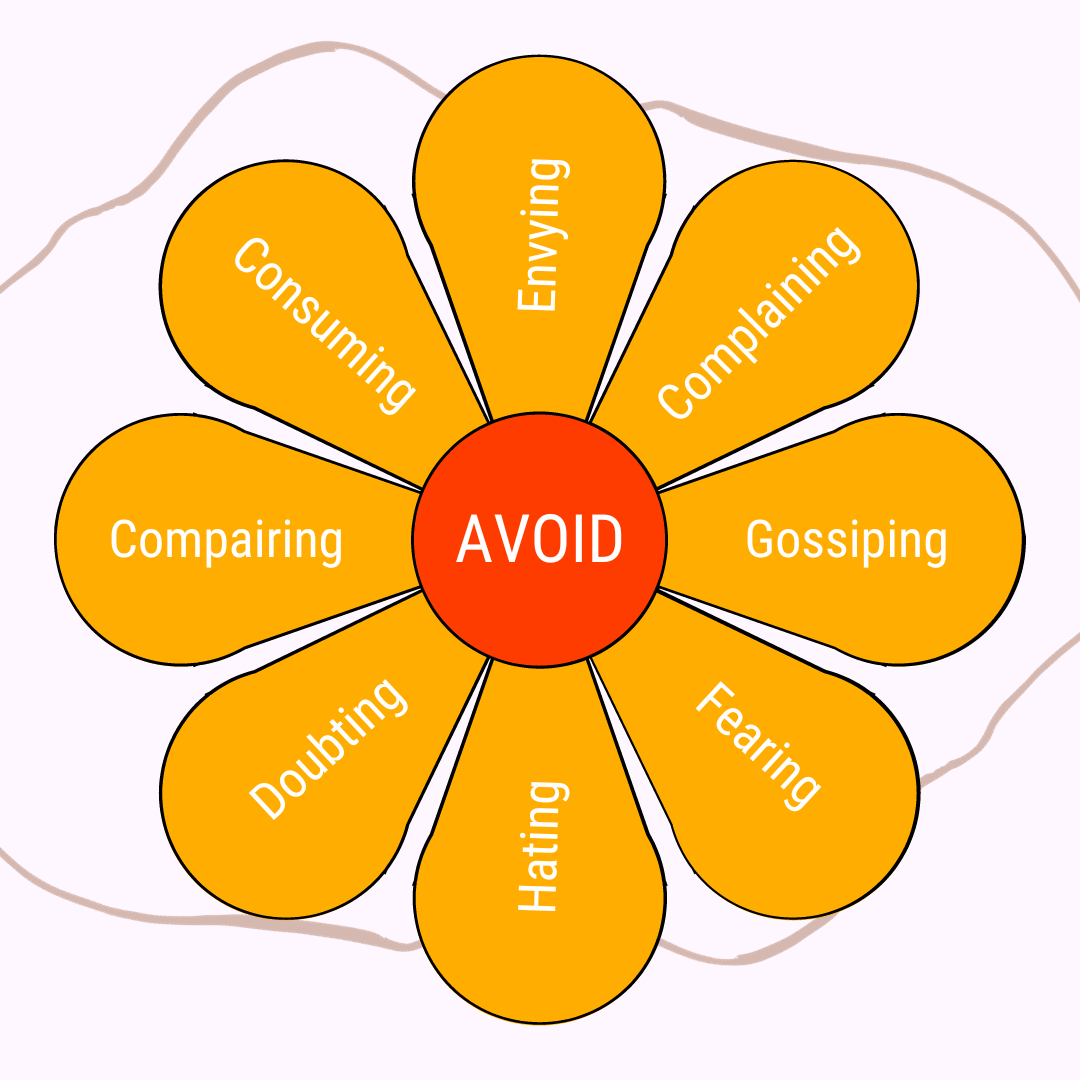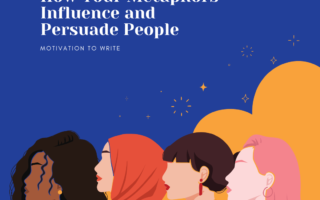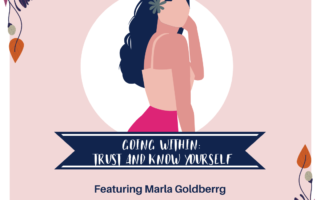
Why We Complain and Why I Want to Change
I complain more than I’d like to admit. It’s so easy; I don’t even know I’m doing it. If you ask me a question, I will slip a grievance into my response like a roach slipping under the door into your home.
You may ask me, “How was the movie?”
And I will answer, “It was great except for these two horrible kids seated in front of me who wouldn’t stop talking.” The question was about the movie, not the audience. But I will talk about it because I want the other person to validate my annoyance.
Complaining is an easy way to relate to people because most people love to complain. I’ve connected with you if I can get you to say, “Omigosh!” while placing one hand delicately on your collarbone and the other over your mouth. We have bonded and are now besties. But if I tell you about how my co-worker whistles eighties tunes while she works, driving me insane–and you neither say anything nor show sympathy–we are now enemies. And tomorrow, I will complain about you to my future besties.
I didn’t realize how much I complain until I read A Complaint-Free World: How to Stop Complaining and Enjoy the Life You’ve Always Wanted by Will Bowen. He illustrates the subtle complaints, the salty pecks we exchange throughout the day. Some are innuendos disguised as questions, “Why is she wearing that?” Others are down players: “He only gave me fifty dollars.” But most are flat-out laments: “I hate it when people do that!”
I recently dated a man who complained about most things most of the time. At first, I didn’t mind. I’m a good listener; he loved to talk, and I was willing to lend him my ear. But two years later, my ears begged me to cut them off because they simply couldn’t take any more of his gripes. Being a constant listener for complainers is like being an empty glass for toxic waste. Eventually, you will get sick. That may sound harsh, but it is true. A constant flow of complaints will drown you in negativity.
At some point, I had to ask myself why I attracted him. The proverbial flashing light bulb appeared above my head, declaring, “Because you’re a complainer! Like attracts like.” Whatever happened to opposites attract? Remember in junior high school science class when your teacher explained negative and positive poles running into each other’s arms as adorable little magnets?
That concept still holds merit. We often find ourselves attracted to people who exude the qualities we wish we had, the opposite of who we are. I was a listener; he was a talker. Voila! It is also true that we attract people with whom we vibe, who exist on the same quality of energy. Notice I said quality of energy, not quantity of energy. A highly energetic person can be friends or lovers with a laid-back person. But the quality of their energy will match.
Quality refers to what David R. Hawkins calls “levels of human consciousness”–from the lowest level of shame to the highest level of enlightenment. Although most of us will not reach enlightenment, we will at least rise to the middle level: courage. Courage is crucial because with it comes empowerment. When we are empowered, we start to make better choices. We can choose to practice gratitude instead of complaining. When we make healthier choices, we attract people who also make healthier choices.
I would like to think that I’ve grown a little since my last relationship and that I am more self-aware. My Kabbalah teacher once told me that awareness is one of the most essential factors in spiritual growth. I’m aware of my impulse to complain. I’m not always successful in managing it, and that’s okay. Although sometimes change can unfold at a snail’s pace, it is still monumental and miraculous.


